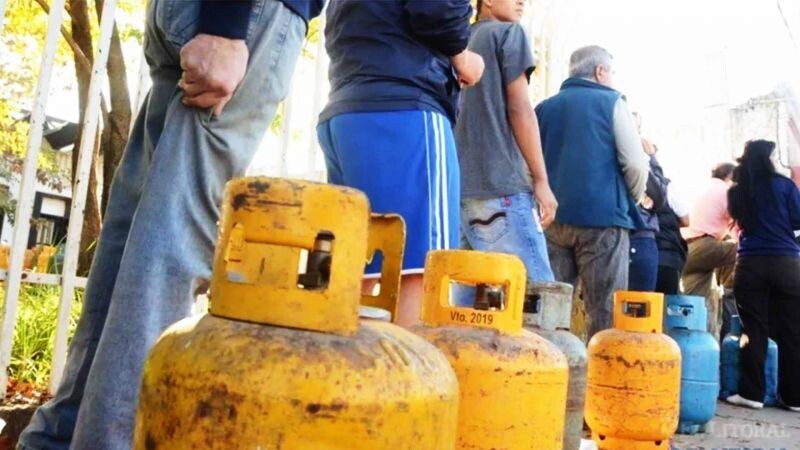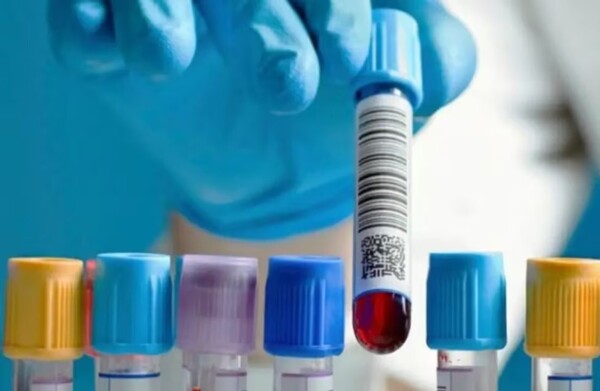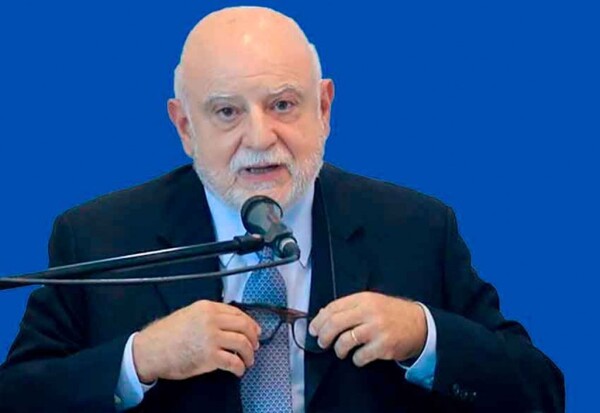
The National Government has made significant changes to the Program Homes with Cylinders (HOGAR) and in the deregulation of the liquefied gas market (LPG), with the aim of seeking a more efficient allocation of resources, based on market dynamics. These modifications aim to simplify the allocation of quotas by eliminating certain regulations that previously governed them.
One of the main transformations relates to the deregulation of the cylinders market, aimed at fostering a more competitive and efficient market based on supply and demand. This was materialized through the repeal of Resolution 70/2015, which implied the elimination of maximum reference prices for producers, fillers, and distributors, specifically for cylinders of 10, 12, and 15 kg.
Regarding the allocation of direct subsidies, the original approach will be changed and direct subsidies will be granted to low-income households that do not have access to gas through networks, which will no longer be mandatory but will serve as a guideline for the market, promoting transparency in it.
Additionally, regulation on the allocation of delivery points to fillers is eliminated, allowing them to negotiate freely according to their operational needs. Furthermore, a limit is established on the amount of LPG that fillers can purchase, called VMP (Maximum Allowed Volume), based on their pool of suitable containers and a maximum rotation index.
Concerning the Home Program, several sections of the General Regulation of the program have been repealed, aimed at ensuring that the most vulnerable sectors have access to cylinders at a differential price. These modifications have removed the maximum prices established for both gas and cylinders, focusing on the liberation of prices by eliminating maximum caps, although they will remain as references without being binding.
In summary, the changes made seek to facilitate market dynamics and the allocation of resources, striving for greater efficiency in the distribution of cylinders and in providing direct subsidies to low-income households that do not have access to gas through networks.














